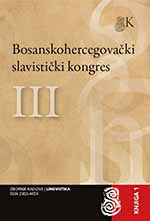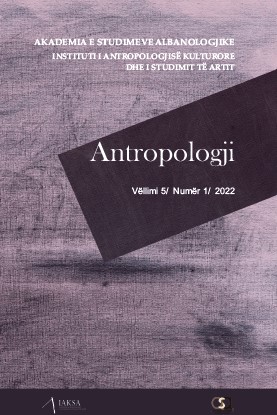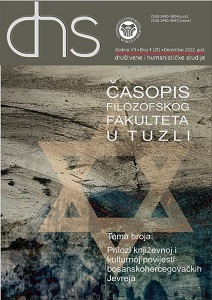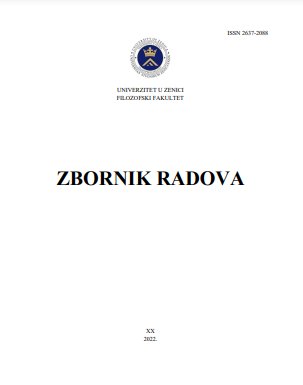Eesti perekonnanimeraamatust
In 2016 a new project was started aiming at compiling a dictionary of Estonian surnames. Most of the Estonian surnames were given in 1826-1834, while a significant part of the surnames were Estonianized in the 1920s and 1930s. The dictionary will comprise about 6 000 surnames that are selected based on the frequency of surnames in the Estonian population register (in order to be included the frequency has to be 30 or more) and the availability of historical records (only names given in Estonia will be included). Besides etymology, a surname entry will include data on pronunciation and declension (still subject to discussion), frequency in 2017, data on the giving and change of the surname, original geographical distribution of the name, possible folklore on the naming reasons, and source references. As the study of Estonian surnames has not been as intensive as with place names or even first names, the compilation of the dictionary must involve a lot of research. As an example, 30 name entries are presented for further feedback.
More...




